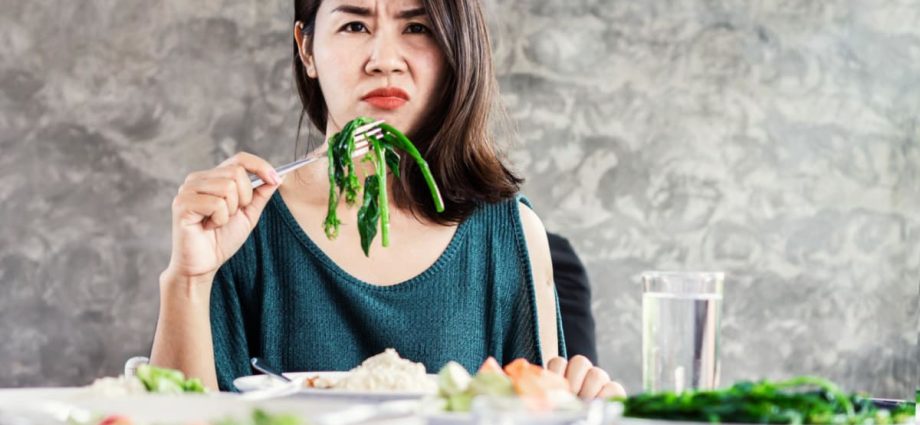
Fruit and vegetable juices: “The best way to yield the benefits of fruits and vegetables is to consume the flesh and its edible fibrous parts,” said Reutens. Furthermore, some nutrients in particular, such as lycopene in tomatoes and carotene in carrots, are better absorbed by your body after cooking, she said.
As for cold-pressed fruit and vegetable juices, which are purportedly better at retaining their nutrients, all they do is justify the higher price for the marketing hype. “Unfortunately, the proposed claims for the higher vitamin, mineral and antioxidant content in cold-pressed juice is not supported by evidence,” said Seto, who cited this study.
Cold-pressed juices don’t even contain more fibre than regular juices – as long as the pulp and skin are removed during the juicing process, said Seto. “Cold-pressed juice or regular juice will not help meet our fibre intake if we rely solely on juices.” What these juices do have more of is sugar. For example, one 250ml cup of fruit juice may contain the same amount of sugar as two to three whole fruits, said Seto, which is double or triple the amount of sugar you need.
But if you have one of those fancy juicers that let you retain the amount of pulp you want, then juice on as your beverage would contain more fibre.

